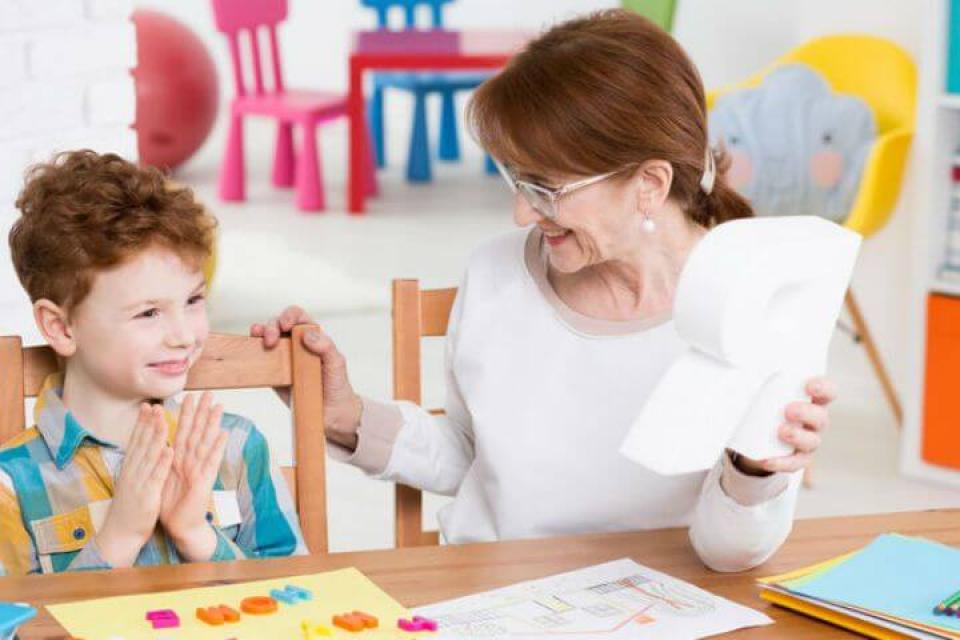Quite often parents and teachers will report concerns about a “speech delay”. Dynamics Speech Therapy for Kids Singapore are here to help.
During assessment it may become clear that the child has a language delay. Are they not the same thing? No. Speech and language are very different.
Language is made up of socially shared rules that include the following:
-
What words mean (e.g., "star" can refer to a bright object in the night sky or a celebrity)
-
How to make new words (e.g., friend, friendly, unfriendly)
-
How to put words together (e.g., "Peg walked to the new store" rather than "Peg walk store new")
-
What word combinations are best in what situations ("Would you mind moving your foot?" could quickly change to "Get off my foot, please!" if the first request did not produce results)
-
Language also consists of the gestures and signs we use to communicate
Speech consists of the following:
Articulation
How speech sounds are made (e.g., children must learn how to produce the "r" sound in order to say "rabbit" instead of "wabbit"). If a child has difficulty in producing a particular sound or many sounds they may indeed have a speech delay or disorder.
Voice
Use of the vocal folds and breathing to produce sound (e.g., the voice can be abused from overuse or misuse and can lead to hoarseness or loss of voice).
Fluency
The rhythm of speech (e.g., hesitations or stuttering can affect fluency).
Children with receptive language problems may find listening and attending to conversation, stories, oral directions, classroom activities, etc. confusing and difficult at times. If a child’s receptive language doesn’t fully develop, the language learning process slows down before it ever begins. Parents tend to be concerned when their child isn’t talking the way they expect or in the way their same-age peers can talk.
If this is happening, the speech and language therapist will find out if the child is attending to and understanding language (receptive language). If not, the child’s expressive language (meaningful communication) is not going to develop. This is why speech and language therapy focuses on strengthening a child’s receptive language, even if the concern is that the child isn’t talking properly.
Brought To You By Expat Choice











